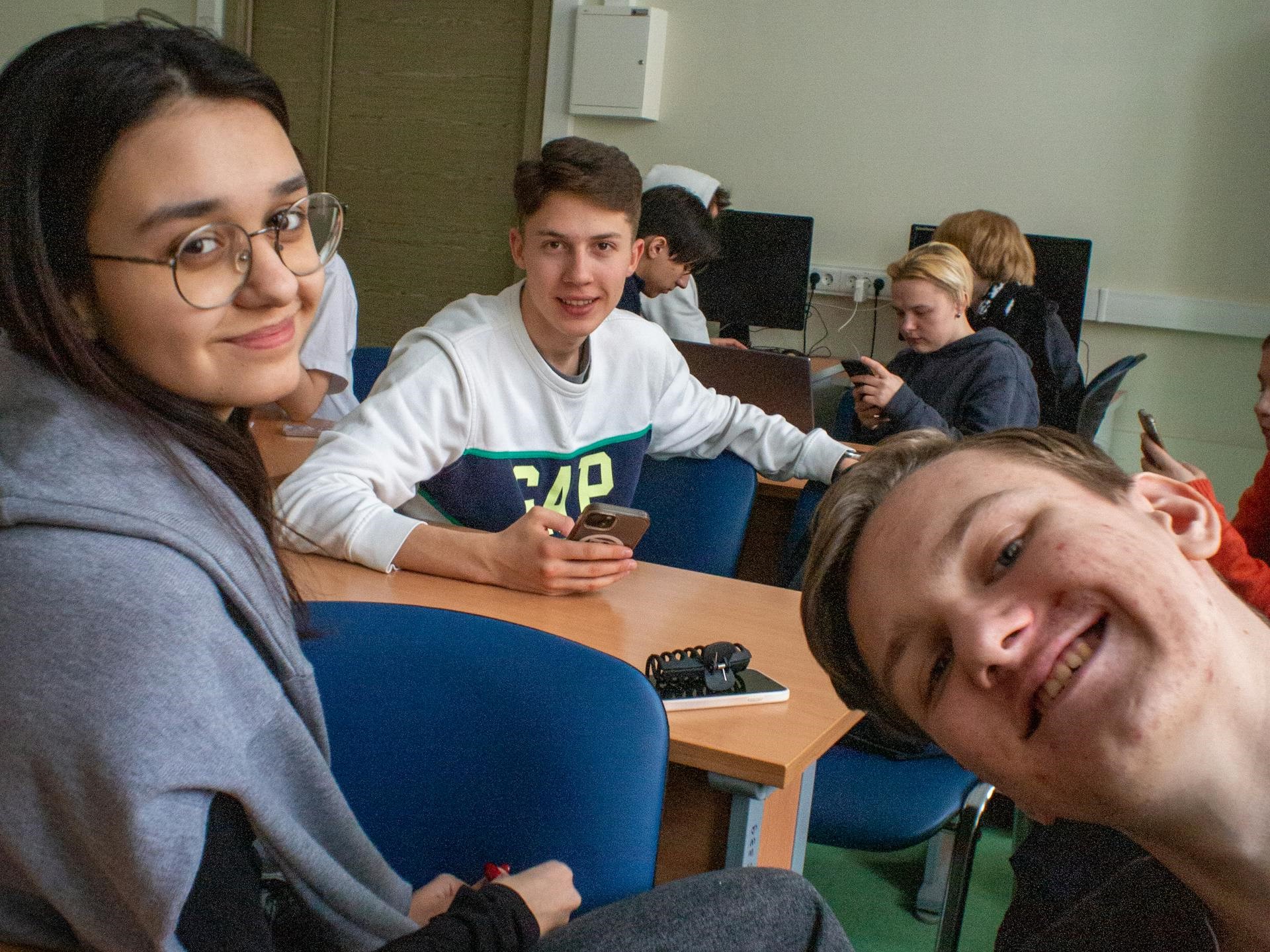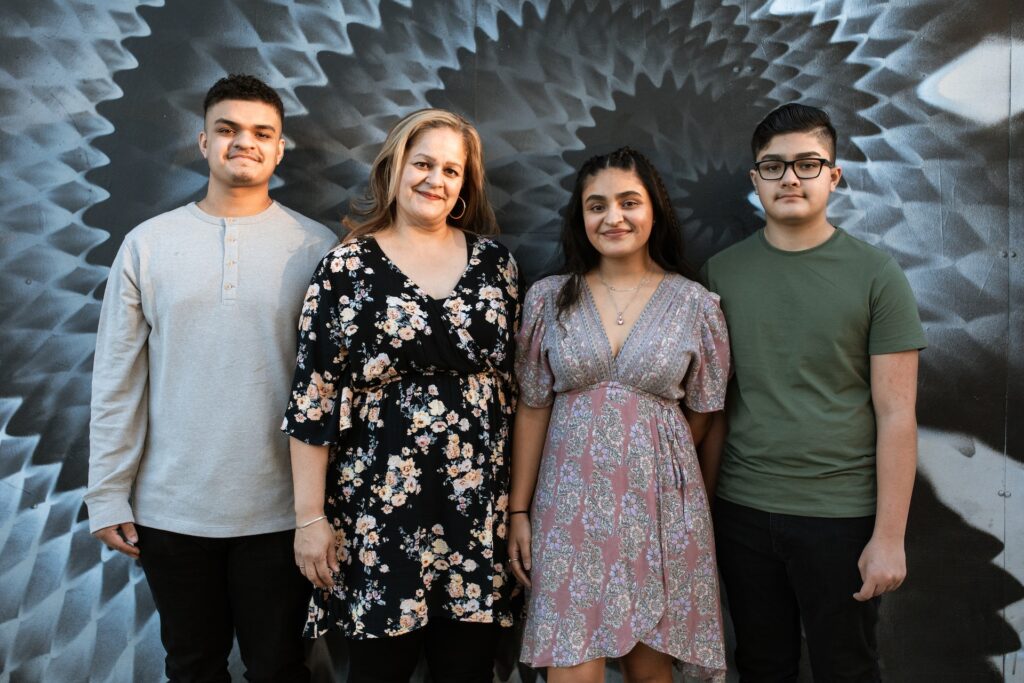
Dialectical Behavior Therapy (DBT)
Changing how teens experience and express big emotions


What you can expect in Washburn Center’s DBT Groups
- Adolescents must be aged 14-17 and have received a recommendation to start DBT as part of their greater treatment plan or discharge plan.
- Full parent or caregiver participation is required for success.
- Youth must be ready to actively participate weekly in 2 hours of group and 1 hour of individual DBT therapy.
- Groups will include 6 to 8 youth plus their caregivers who will be led by two DBT-trained and experienced Washburn Center for Children therapists.
- Youth will gain mastery of new skills and learn to self-activate by the end of thesix-month program.

How to enroll
For more information or to see if this program is a fit for your family, talk with our Intake team at 612-871-1454 or visit www.washburn.org/message-our-team today.
Washburn Center certified as a DBT (Dialectal Behavior Therapy) provider in Minnesota and access is building for families as referrals are available for insurance plans, including:
- Aetna/FirstHealth
- Blue Cross Blue Shield (Commercial and PMAP)
- Cigna
- Health Partners (Commercial and PMAP)
- Hennepin Health
- Medica/UBH/Optum (Commercial and PMAP)
- Medical Assistance (MA)
- UCare (Commercial and PMAP)
